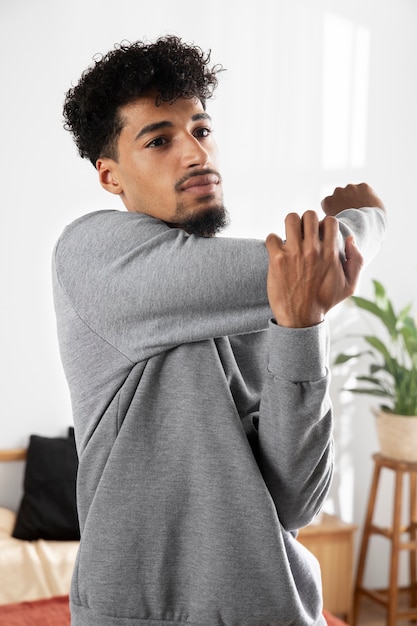
Hypnosis is often portrayed in popular culture as a type of mind control, but it’s actually a well-researched technique used in healthcare and psychology. It creates a state of focused attention and increased openness to suggestions, allowing the subconscious mind to absorb positive thoughts. Although not a cure-all, hypnosis has shown promise in treating insomnia, a sleep disorder that affects millions worldwide.
While many relaxation techniques can help people fall asleep faster, they don’t usually address the root cause of insomnia, which is often the fear of not being able to sleep. Hypnosis tackles this issue directly by using positive suggestions to shift how a person thinks about sleep, helping to ease their fears and create healthier sleep habits.
So, what does the science say about this approach? According to a study published in the Journal of Clinical Sleep Medicine called “Hypnosis Intervention Effects on Sleep Outcomes,” hypnosis positively affects sleep quality. The study reviewed several clinical trials and experimental studies, concluding that hypnosis can improve sleep efficiency, increase total sleep time, and shorten the time it takes to fall asleep. The results showed that 58.3% of the studies reported positive effects of hypnosis on sleep outcomes, 12.5% had mixed results, and 29.2% found no significant benefits.
How does a hypnosis session help treat insomnia? Hypnosis induces deep relaxation, making the conscious mind less active and bringing the subconscious to the forefront. This state allows the hypnotherapist to bypass usual thinking patterns and target the psychological causes of insomnia. In a session, the therapist guides relaxation and offers specific suggestions to alter the patient’s sleep habits. These suggestions help in changing negative thoughts about sleep to positive ones. Over time, these changes can alter how the subconscious mind views and responds to sleep, helping to resolve insomnia. While hypnosis can be effective for insomnia, it’s best when combined with traditional treatments like cognitive-behavioral therapy (CBT). It not only helps people relax and sleep faster but also addresses the underlying causes by changing subconscious perceptions.
Want to try self-hypnosis? It’s best to see a professional hypnotherapist for tailored advice, but there’s also an app called Unwind offering guided hypnosis sessions you can do at home. This app is a great way for those interested in exploring self-hypnosis on their own.
Please note, this information is meant to supplement, not replace, advice from a healthcare professional. Always consult your doctor or healthcare provider for personalized medical guidance.









